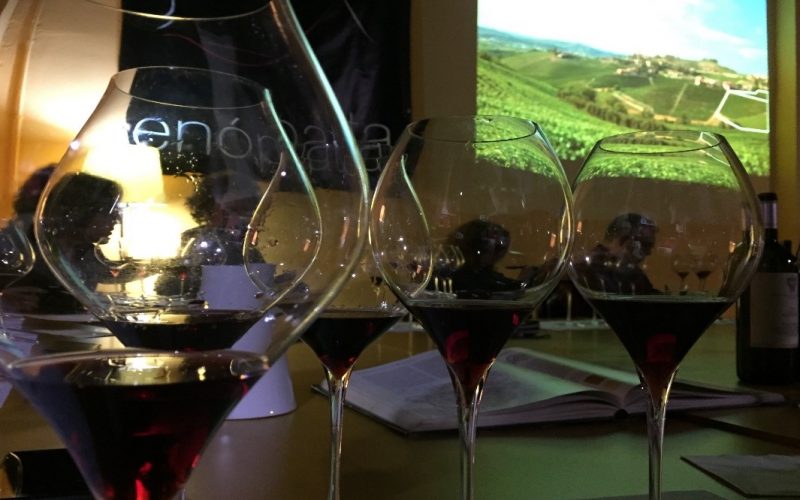Learning about wine is not easy. It takes time, dedication and a good number of guidelines that, although easy to internalize, require discipline. However, passion for the subject makes learning a true pleasure. Surely, some more could be added, but I believe that these are the ten that, in my opinion, are sacred to know about wine, if one day we really know about this subject. Let’s go with the first five rules:
1st) Patience: Getting to know the world of wine is something that takes time. If we want to learn quickly we are going wrong, because all learning takes time. Furthermore, the path is the true objective, since the end is never reached, since the world of wine is constantly evolving.
2º) Really wanting to learn: It is very easy to say that we like wine and that we want to learn about this wonderful world, but to do so it is necessary to be constant and, in addition, renounce a good number of prejudices acquired through ignorance. Thus, it is essential to have an open mind to any wine-growing area, producer or wine that we have in a glass. You have to be curious and interested in discovering a universe to which you are alien.
3º) Drink: The verb should not be understood as drinking a liquid as if it were water, but rather being aware that what one puts in one’s mouth is much more than something that quenches our thirst. Wine is a food that enhances flavors and its pairing allows us to know much better both what we eat and what we drink.
4º) Tasting: Tasting is different from drinking. Tasting is analyzing what you drink, both visually, olfactory and gustatory. Break down each of the aspects of a wine. Blind tasting is an exceptional exercise to be able to uncover a wine without prejudice. At the same time, tasting involves thinking about what you are drinking with all your senses.
5º) Take courses on wine: Starting from scratch is difficult, because this is an unfathomable world. The best way to get introduced to wine is by taking courses, starting with beginners and continuing with more advanced ones and, of course, monographs on wine varieties or areas. It is essential that these courses are taught by people, whether professional or not, who are sensitive and, of course, who respect the philosophy of the terroir.
